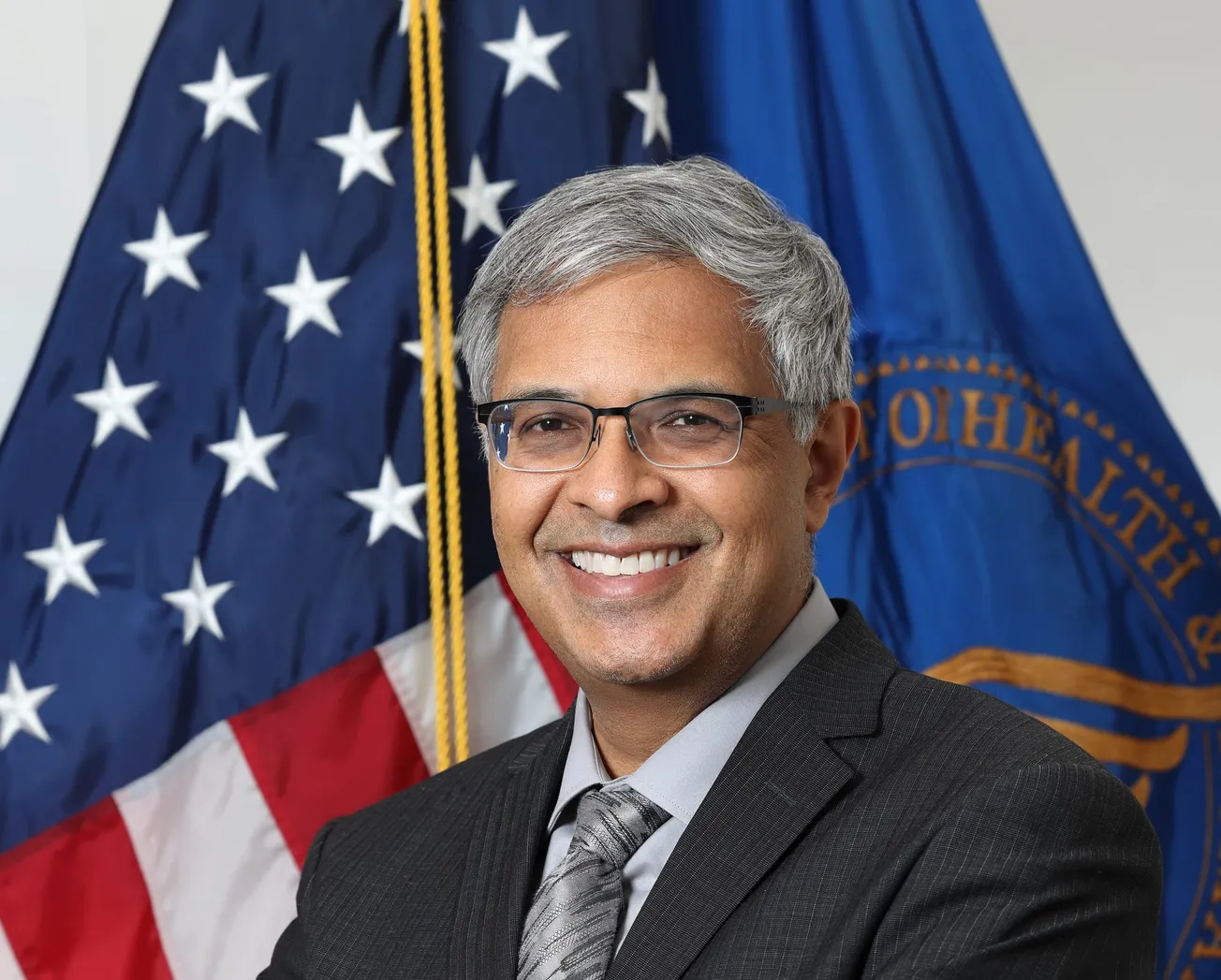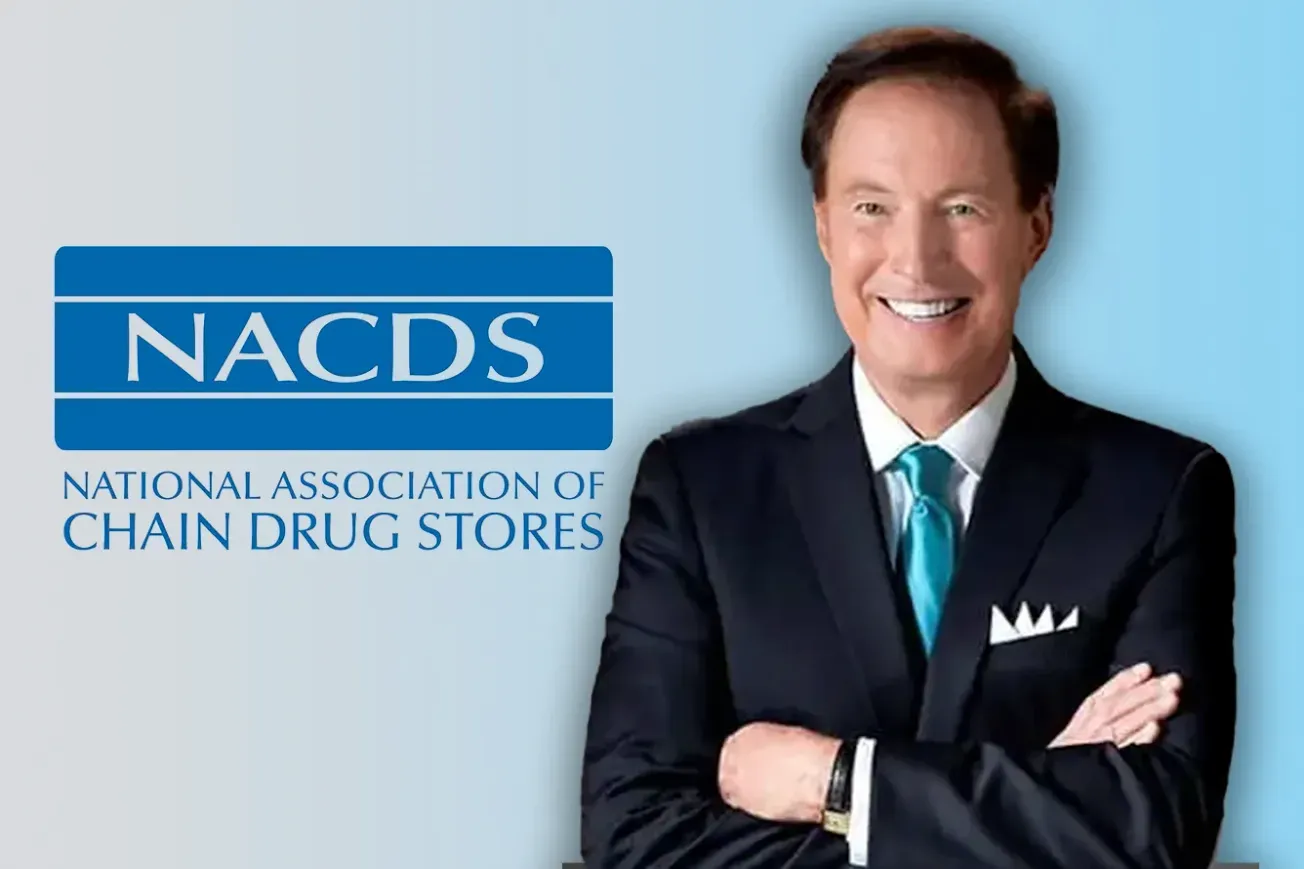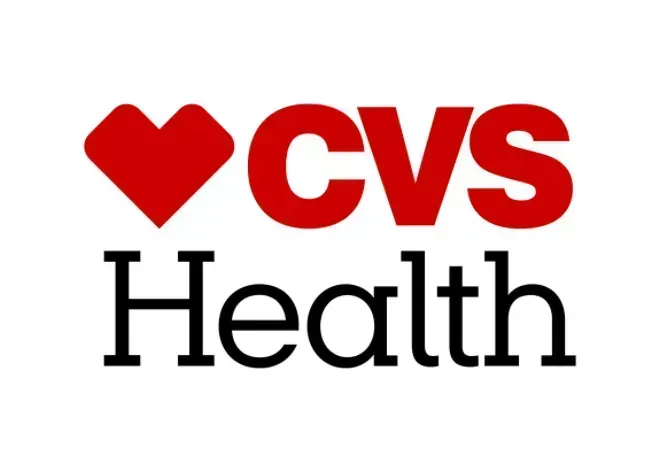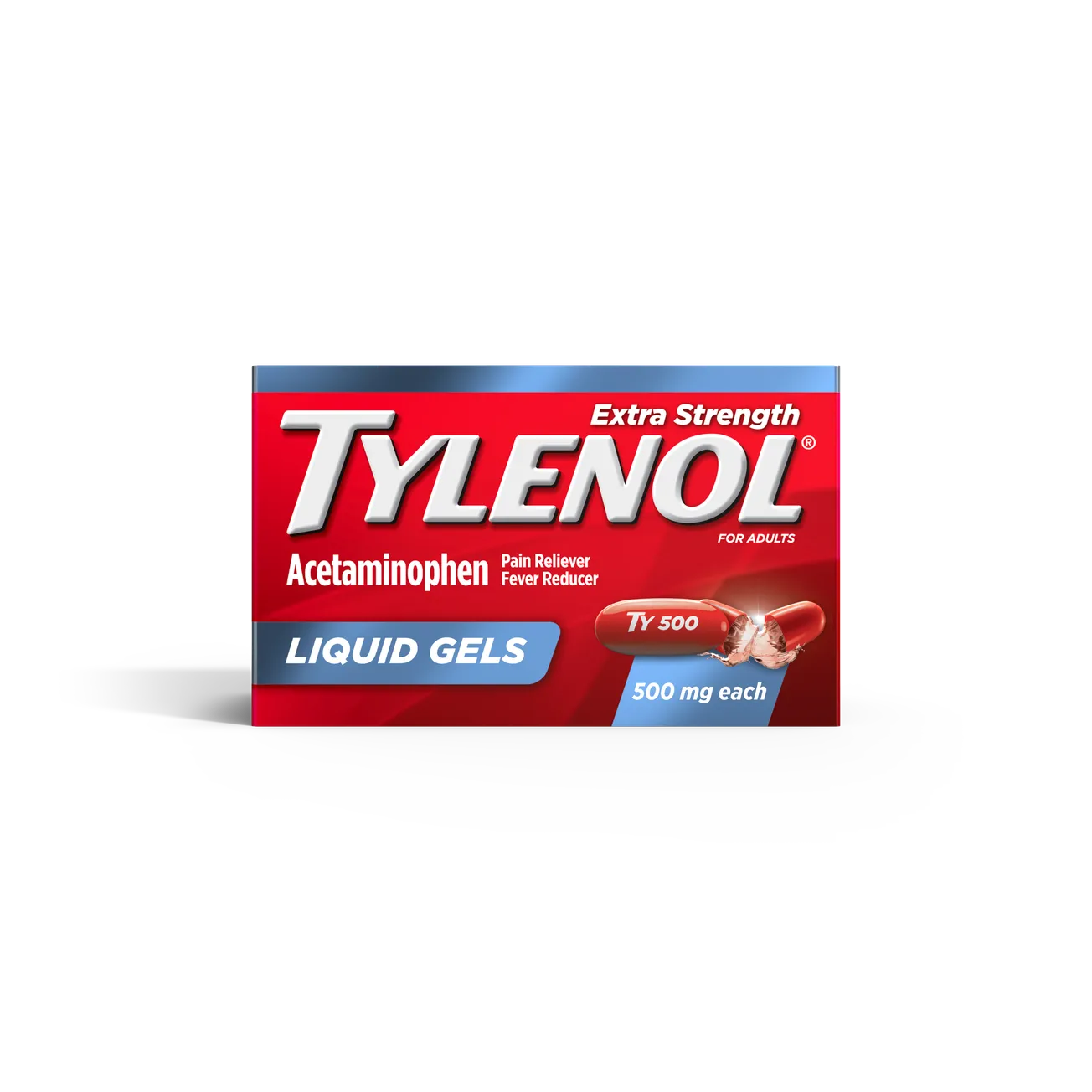
WASHINGTON – In a significant milestone, 100 bipartisan members of the U.S. House of Representatives have signed on to cosponsor and support H.R. 1770, the Equitable Community Access to Pharmacist Services Act. This bipartisan legislation would ensure Medicare beneficiaries maintain prompt access to essential pharmacist services for the prevention, testing, and treatment of common infectious diseases, including COVID-19, influenza (flu), respiratory syncytial virus (RSV), strep throat, pneumococcal, and hepatitis B, and would create Medicare Part B direct reimbursement mechanisms for essential pharmacist services to protect America’s seniors. H.R. 1770 is championed by Congressman Adrian Smith (R-NE), Congressman Brad Schneider (D-IL), Congressman Larry Bucshon (R-IN), and Congresswoman Doris Matsui (D-CA), and pharmacist Members Earl L. “Buddy” Carter (R-GA) and Diana Harshbarger (R-TN). The Future of Pharmacy Care Coalition urges Congress to swiftly pass this widely supported, commonsense legislation to ensure Medicare beneficiaries can continue to receive timely and consistent care and services from their local pharmacists.“The Future of Pharmacy Care Coalition applauds the 100 Representatives – and more than a dozen of their colleagues in the Senate – for recognizing the need to ensure Medicare beneficiaries maintain access to essential care and services provided by pharmacists and urges Congress to seize this opportunity and pass H.R. 1770. Pharmacists are frontline health care professionals in every community, uniquely positioned to offer accessible and timely interventions to seniors for common infectious diseases. H.R. 1770 empowers pharmacists to provide essential services to rural and aging communities, which will improve health outcomes, reduce health care costs, and create a stronger and more resilient health care system for all.”“I’m proud to join my House colleagues in championing this bipartisan legislation to protect seniors from preventable illnesses like COVID-19, flu, and RSV,” said Rep. Smith, lead sponsor of H.R. 1770. “We cannot afford to wait to allow Medicare to reimburse for essential pharmacist-administered testing, treatment, and vaccination services for common respiratory illnesses and recognize the critical role pharmacists play in improving health outcomes in their communities.”“During the pandemic, pharmacists demonstrated their immeasurable value providing care to communities big and small,” said Rep. Schneider, champion sponsor of H.R. 1770. “We need to build on these lessons and ensure pharmacists are able to continue providing care and receiving reimbursement for services related to COVID-19, influenza, respiratory syncytial virus (RSV), and strep throat. I’m proud to be working on this important initiative with my Republican colleague on the Ways and Means Committee, Congressman Adrian Smith.”BY THE NUMBERS: THE URGENT NEED TO ENSURE PATIENT ACCESS TO PHARMACIST CARE
- $450 Billion in Cost Savings & 1 Million Deaths Averted. By conservative estimates, the 350 million clinical interventions to approximately 150 million people that pharmacists have provided during the pandemic averted over 1 million COVID-19 deaths, 8 million hospitalizations, and $450 billion in health care costs.
- Pharmacists Play a Vital Role in Providing Flu Vaccines to Mitigate Outbreaks Each Year. According to the Centers for Disease Control and Prevention, during the 2022-2023 flu season, pharmacists administered 41.5 million flu shots to American adults. Pharmacists stand ready to serve similar roles addressing future pandemics or public health challenges.
- Pharmacists Are Critical to Address Health Care Workforce Shortages. The U.S. Department of Health & Human Services (HHS) estimates there will be a shortage of 23,650 primary care physicians by 2025. Two thirds of primary care shortage areas are in rural communities, and 130 hospitals in rural areas closed in the last ten years. Nine of ten Americans live within 5 miles of a pharmacy, making pharmacists the most accessible healthcare professionals in the country.
- Nearly 200 Groups Support H.R. 1770. More than 190 organizations, including rural and senior advocacy groups, physician and provider groups, patient advocacy organizations, pharmacists, and health systems, support H.R. 1770.







